2024 Preservation Awards | Campus Village
Thursday, May 16th 2024
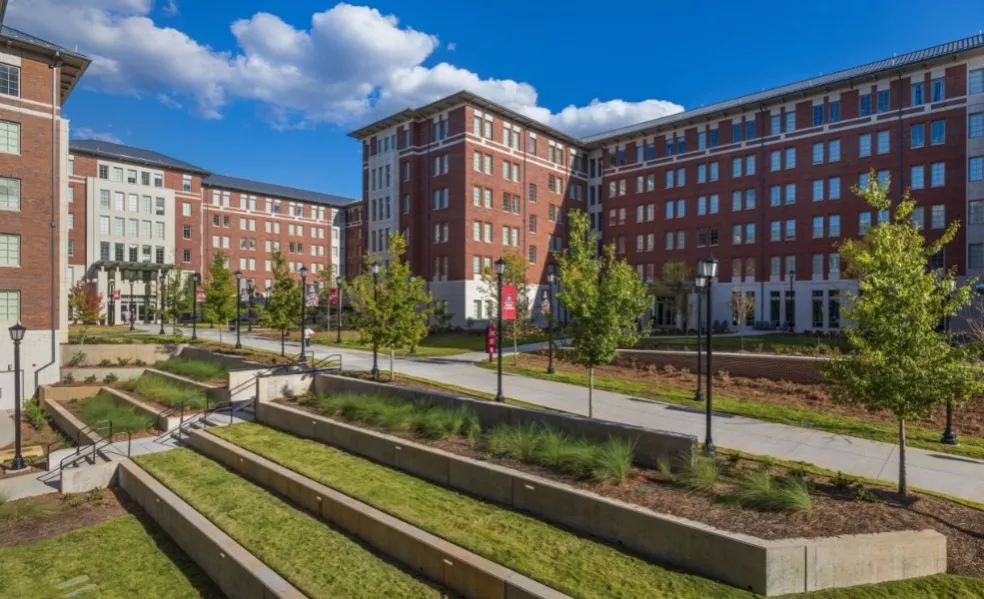
WINNER | Revitalization (any ownership or use)
Campus Village | 1531 Whaley Street
University of South Carolina — Property Owner
BOUDREAUX and WDG — Architects
Juneau Construction and Contract Construction — Contractors
As part of its master plan, the University of South Carolina embraces design guidelines in its ongoing efforts to meet the housing needs of an ever-increasing student body while replacing obselete facilities within its urban campus. Opened in August 2023 as the initial step in a multi-phased initiative to transform an area of South Campus into a vibrant, community-oriented housing complex, Campus Village ranks as the largest state capital project completed to date.
This phase involved constructing four, six-story residential hall buildings totaling 1,808 beds, a welcoming dining hall, a Starbucks coffee shop, a convenience store, a transportation hub, and versatile multi-purpose learning and academic support spaces. Ample greenspace and courtyards, anchored by pedestrian promenades and a landmark clocktower, promote interconnectivity within the development and with other areas of campus. Each building features a masonry palette and elements such as window bays, deeply recessed windows, and bracketed roof soffits evocative of earlier areas of campus and adjacent residential neighborhoods. Expanses of storefront-level windows connect interior lounges and amenities with outdoor gathering spaces, while a pedestrian promenade links students to the rest of campus and north to the historic Horseshoe and academic core.
Construction of Campus Village involved preserving significant street trees; reducing stormwater runoff; lowering energy and water usage; optimizing health and wellness benefits; minimizing waste; and using local materials (most notably locally manufactured brick).
Through Campus Village, the University of South Carolina has uniquely contributed to the city by realizing a particularly large and complex project in a manner that balances contemporary and future needs of the institution and the community.
Before & After
Images courtesy Robert Oswald Creative.
Explore the
Economic Impact Study
This study's findings reinforce our long-held position on the importance of historic preservation for the city's economy and support our work advocating for policies that encourage preservation and the reuse of historic buildings. Columbia’s architectural heritage is not simply an exercise in nostalgia; it is an informed, strategic investment in the future.
Check out some of the other 2024 Preservation Award recipients:
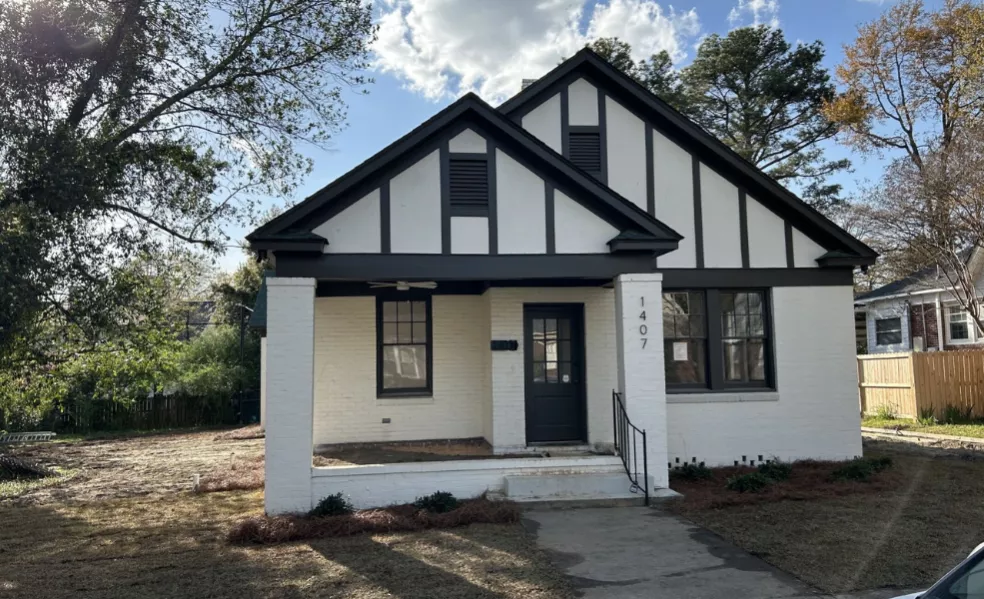
2024 Preservation Awards | 1407 Gladden Street
Virginia native and long-time Melrose Heights resident Kandie Wright is no stranger to sensitive rehabilitations of historic properties. Previous efforts at two other neighborhood properties, including a rare Airplane Bungalow and the Prairie Style residence originally owned by the Powell family, have garnered accolades and been a source of community pride.
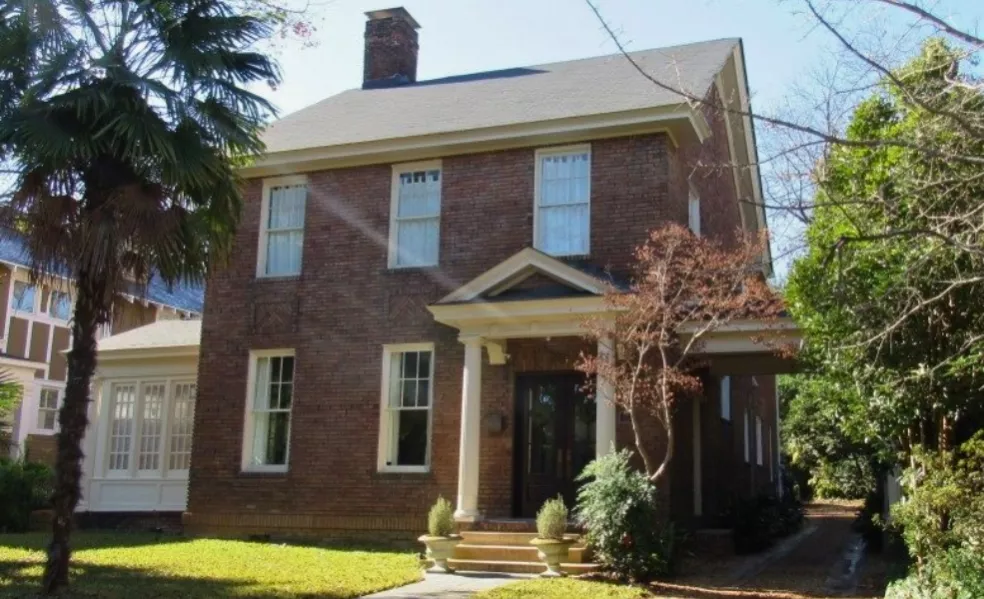
2024 Preservation Awards | 203 Wateree Avenue
Good preservation projects often belie the truly outstanding care and attention an owner may put into a project. This certainly holds true for this Wales Garden property, where Bailey Bill-quality investment included restoration
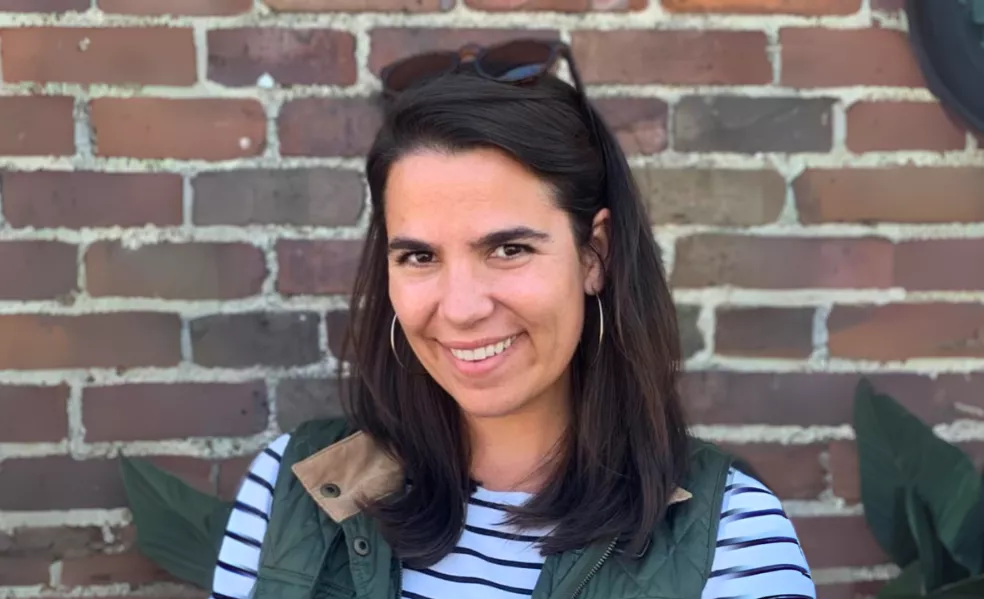
2024 Preservation Awards | Janie Campbell
According to City of Columbia Historic Preservation Planner Amy Moore, “If you look around downtown, it would be challenging to find a block with a building(s) that Janie hasn’t touched!” Projects for which Janie has served as preservation consultant represent more than $38 million of rehabilitation investments and include such beloved local landmarks as the W.B. Smith Whaley house, Claussen’s Bakery, Lula Drake, Hotel Trundle and its Flutter Wing, the Wade Campbell House (FemmeX), the Curtiss-Wright Hangar, McCants School, the Equitable Arcade Mall, the Ehrlich Building (Smoked), and the Hair Building (All Good Books).
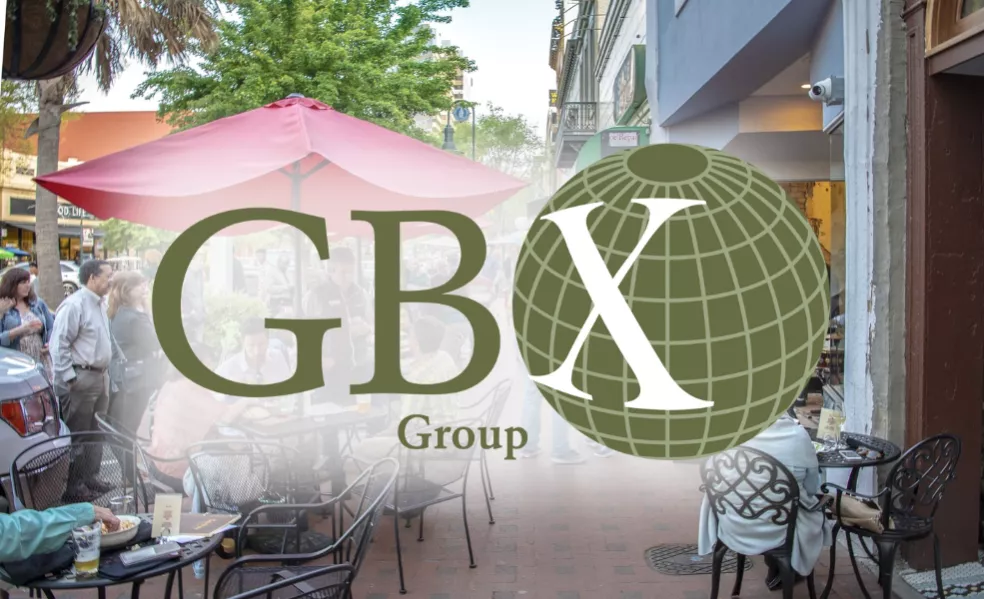
2024 Preservation Awards | GBX Group LLC
For more than a decade, GBX Group LLC and its partners have played a critical role in revitalizing Columbia’s Main Street Historic District, with the goal of transforming it into a vibrant retail, residential, and commercial corridor. GBX has worked alongside public and private-sector partners to repurpose and transform 13 buildings in 13 years, with the objective of bringing economic and community growth and prosperity to the historic downtown.



